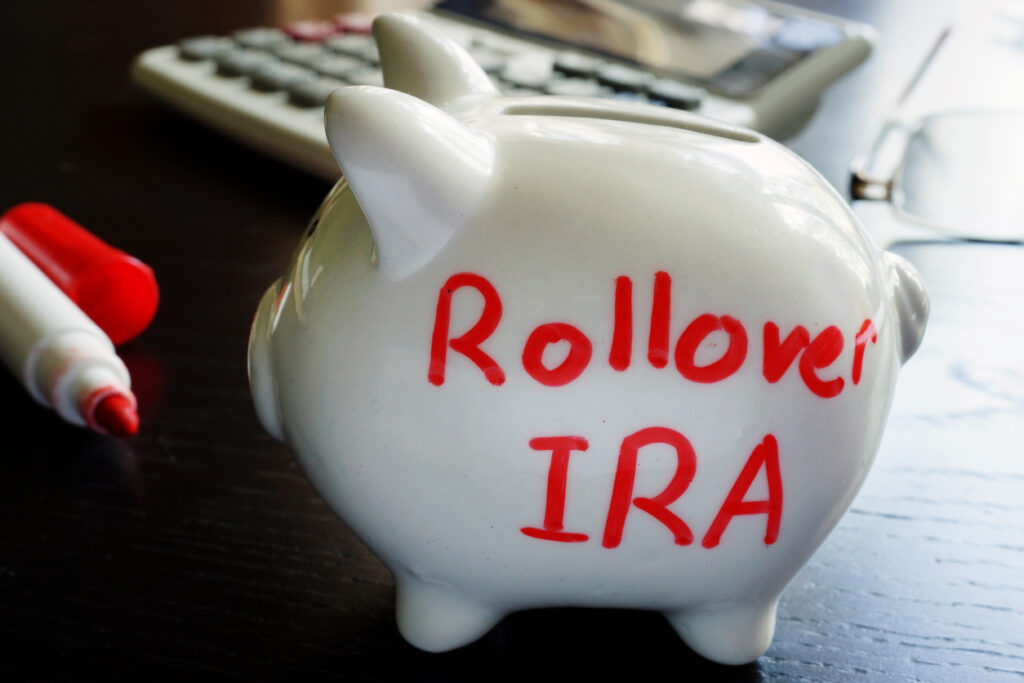Definition
The Economic Growth and Tax Relief Reconciliation Act of 2001 (EGTRRA) added a provision to permit the IRS to waive the 60-day rollover requirement “where the failure to waive such requirement would be against equity or good conscience, including casualty, disaster, or other events beyond the reasonable control of the individual subject to such requirement.” The Conference Report to EGTRRA provides examples of situations that may justify waiver of the 60-day rollover requirement, such as:
- During a period in which a distribution in the form of a check was not cashed,
- For errors committed by a financial institution,
- In cases of inability to complete a rollover due to death, disability, hospitalization, incarceration, restrictions imposed by a foreign country or
- Postal error.
These amendments made to EGTRRA apply to distributions after December 31, 2001.
Revenue Procedure 2003-16 was issued, providing guidance on applying to the Internal Revenue Service (IRS) for a waiver of the 60-day rollover requirement.
Revenue Procedure 2003-16 also provides for an automatic waiver under certain circumstances.
Referring Cite
EGTRRA, Revenue Procedure 2003-16
Additional Helpful Information
Requirements for Hardship Exception to the 60-day rule
- Application to the IRS: Except where an automatic approval is provided, a participant must apply for a hardship exception to the 60-day rollover requirement using the procedures outlined in Rev. Proc. 2003-4 for letter rulings, accompanied by the user fee in effect.
- Requirements for favorable ruling. The IRS will issue a ruling waiving the 60-day rollover requirement in cases where the failure to waive such requirement would be against equity or good conscience, including casualty, disaster or other events beyond the reasonable control of the participant. In determining whether to grant a waiver, the Service will consider all relevant facts and circumstances, including:
(1) errors committed by a financial institution, other than where an automatic approval is provided
(2) inability to complete a rollover due to death, disability, hospitalization, incarceration, restrictions imposed by a foreign country or postal error;
(3) the use of the amount distributed (for example, in the case of payment by check, whether the check was cashed); and
(4) the time elapsed since the distribution occurred.
- Automatic approval. No application to the IRS is required if a financial institution receives funds on behalf of the participant prior to the expiration of the 60-day rollover period, the participant follows all procedures required by the financial institution for depositing the funds into an eligible retirement plan within the 60-day period (including giving instructions to deposit the funds into an eligible retirement plan) and, solely due to an error on the part of the financial institution, the funds are not deposited into an eligible retirement plan within the 60-day rollover period.
- Automatic approval is granted only:
- (1) if the funds are deposited into an eligible retirement plan within 1 year from the beginning of the 60-day rollover period; and
- (2) if the financial institution had deposited the funds as instructed, it would have been a valid rollover.
- General rules. To be eligible for a waiver of the 60-day rollover period, either automatic or through application to the IRS, the distribution must have occurred after December 31, 2001, and the rules regarding the amount of money or other property that can be rolled over into an eligible retirement plan within the 60-day rollover period apply to deposits made pursuant to a waiver of the 60-day rollover period. Therefore, if a participant received $6,000 in cash from the participant’s IRA, the most that could be deposited into an eligible retirement plan under a waiver of the 60-day rollover period is $6,000.
- The rules for waiver of the 60-day rollover period apply to distributions from traditional IRAs, Roth IRAs, SEP IRAs, SIMPLE IRAs, qualified plans, 403(b) plans and 457(b) plans
- A self-certification: If the retirement account owner meets certain requirements, including missing the deadline due to any of the reasons listed in Revenue Procedure 2016-47, the rollover contribution may be made as soon as practicable but generally within 30-days of the reason for missing the deadline no longer prevents the rollover.
- New Reason for Waiver of 60-Day Penalty under Self-certification method: The IRS issued Revenue procedure 2020-46, in which they announced that another ‘reason’ has been added to the list for purposes of self-certification of a distribution that is eligible for a waiver of the 60-day deadline. The new reason is (l) the distribution was made to a state unclaimed property fund. This brings the total list to nine (9). The full list and the applicable requirements for a waiver are available in Revenue Procedure 2020-46, which is available here https://www.irs.gov/pub/irs-drop/rp-20-46.pdf .


